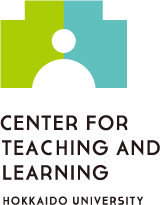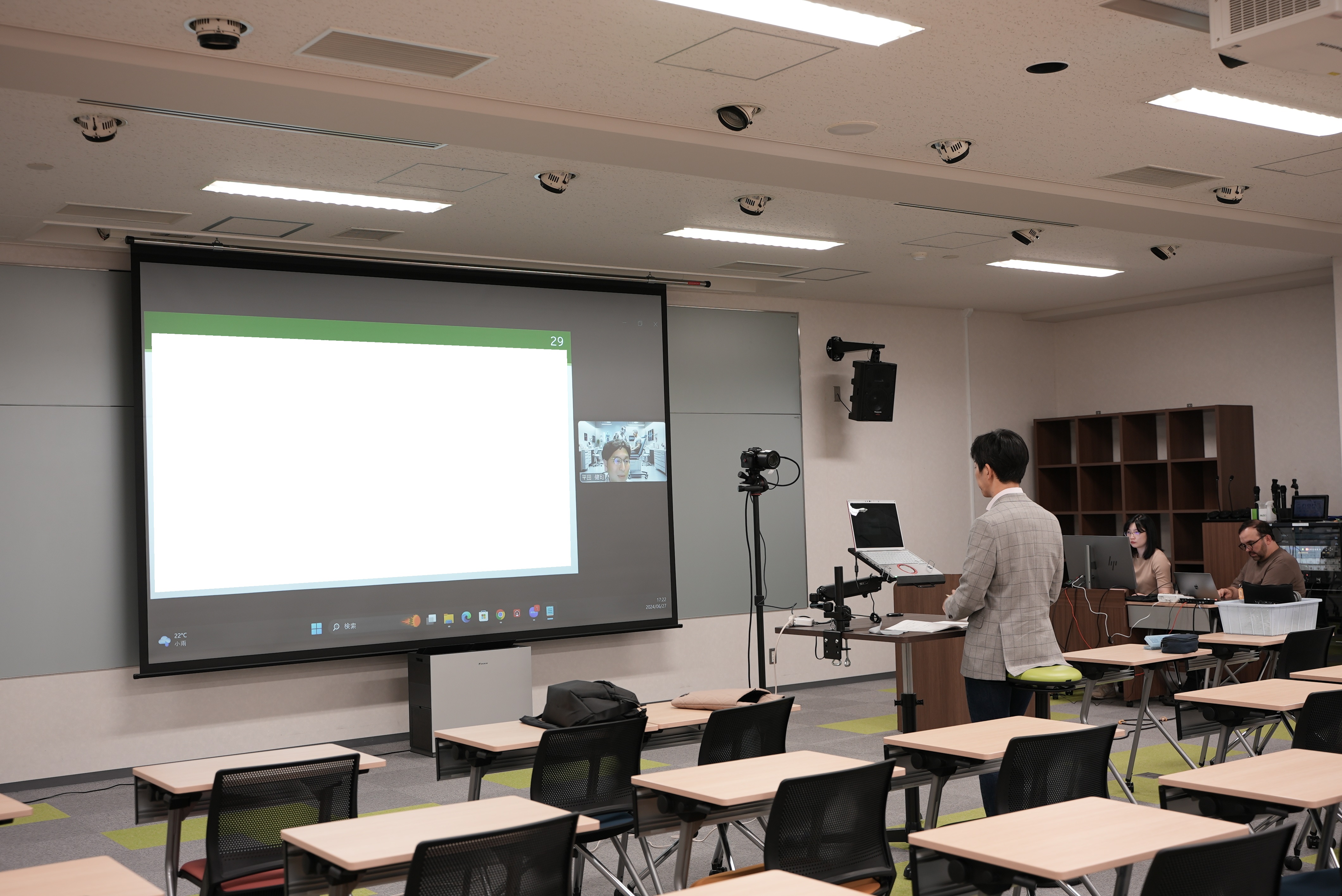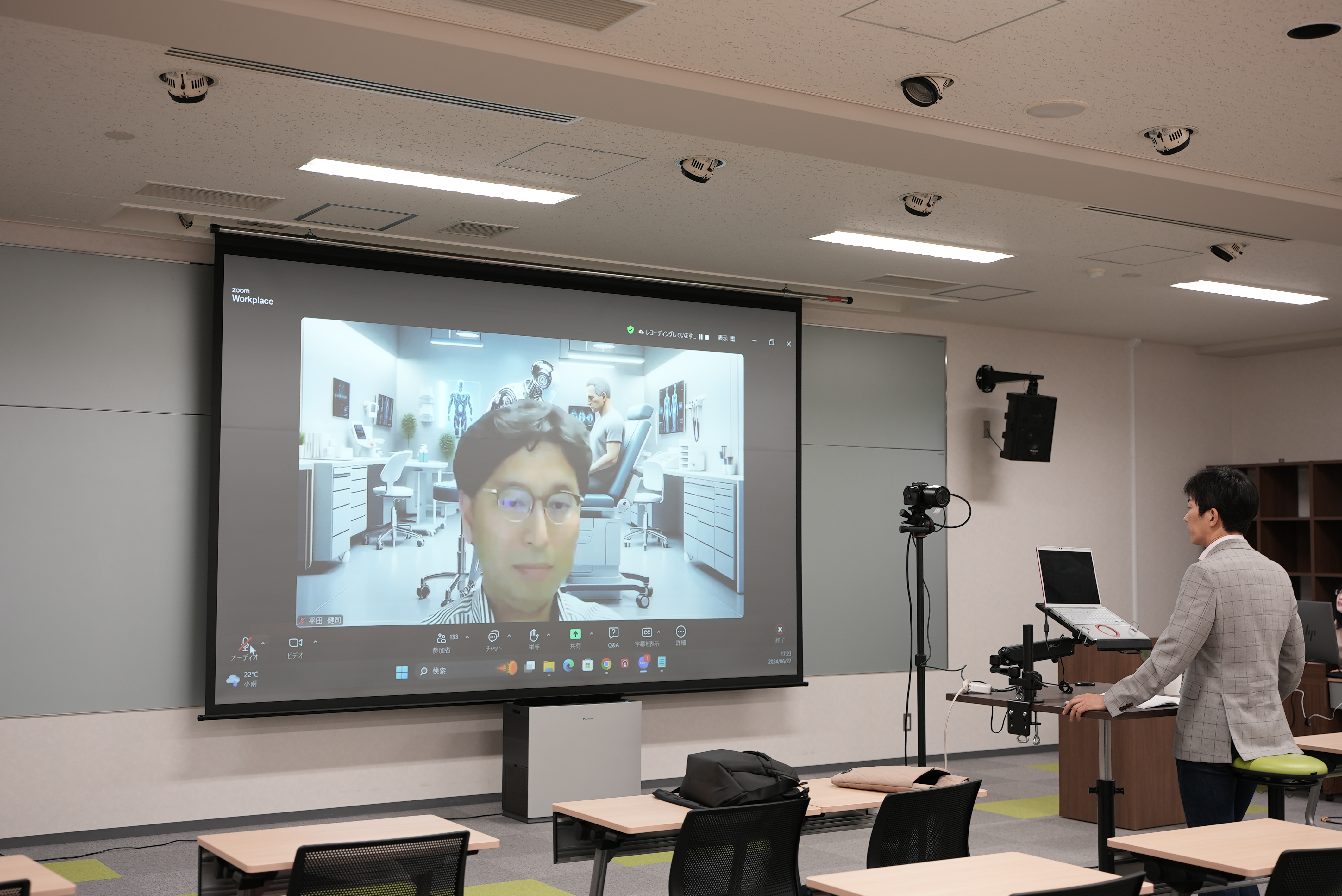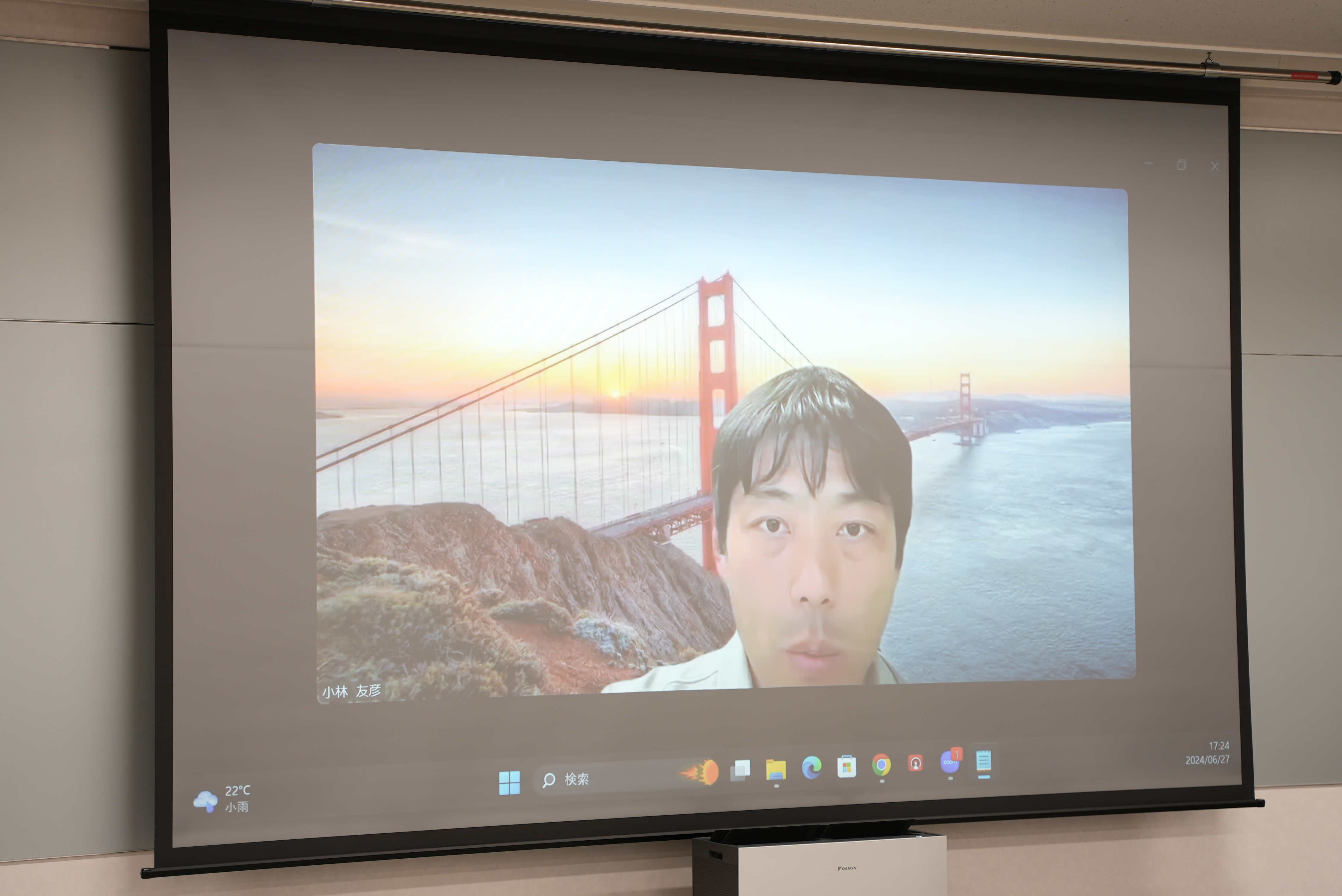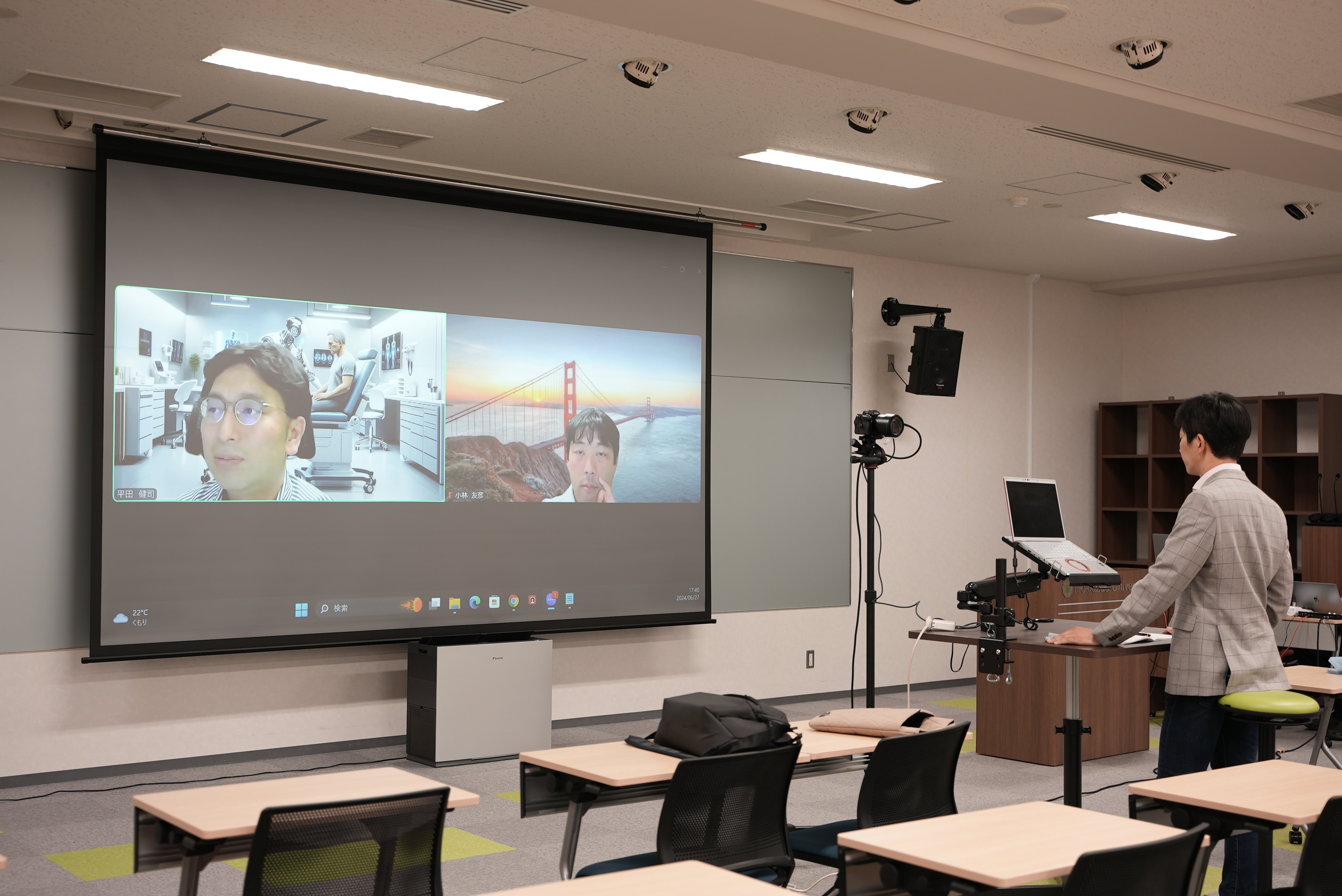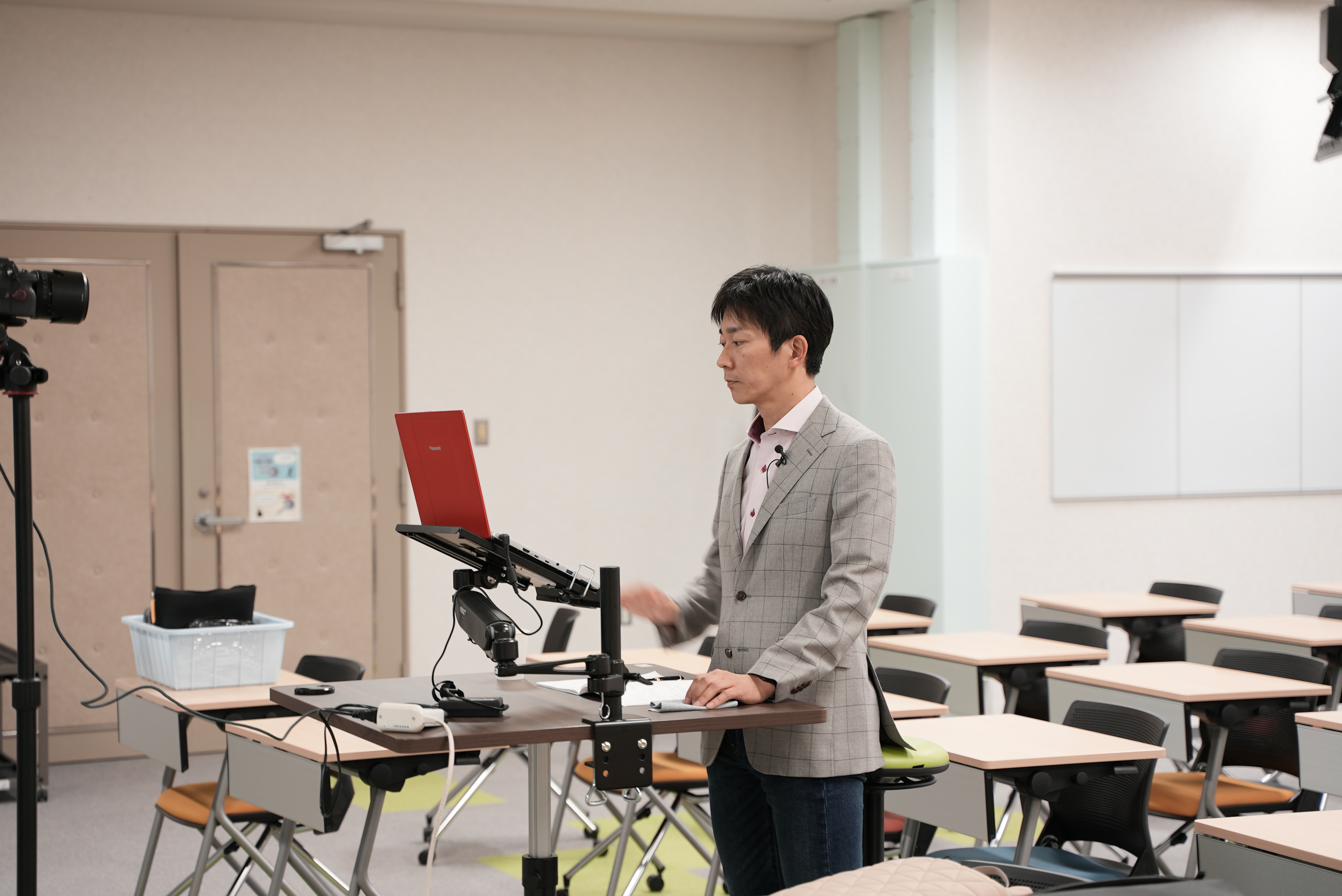Seminar
This seminar has finished
Series 'Generative AI in Educational and Research Activities'②
- Date and time
- 2024.6.27 (Thu) 17:00-18:00
- Modality
- Zoom Webinar
- Lecturer
Dr. Kenji Hirata (Assistant Professor, Faculty of Medicine, Hokkaido University)
Dr. Tomohiko Kobayashi (Professor, Faculty of Commerce, Otaru University of Commerce)
- Target
- Faculty and staff members of higher education facilities
- Language
- Japanese
- Remarks
- Category C: HE trends
- Poster
- View poster
Co-organized by Center for Open Education Hokkaido University
How do university faculty members perceive generative AI, including ChatGPT? We often hear voices saying, “We are not particularly worried, as it hasn't yet reached the stage where it can be effectively used for class reports.”
However, in the society that university students will enter after graduation, generative AI is already being utilized in many fields. Even if there are some inaccurate aspects, shouldn't students learn the correct ways to interact with it while they're still in university? Furthermore, both the university faculty and staff cannot ignore the constantly evolving generative AI.
Therefore, let's explore practical examples how educators are utilizing generative AI in educational and research activities. We cannot teach students what we ourselves do not know. Let's engage with examples of utilization, try using them ourselves, and identify their strengths and weaknesses.
During each session, two individuals will introduce topics. Following each presenter’s 20-minute presentation, there will be a 20-minute discussion, including a Q&A session.
The second session will be presented by two speakers from Hokkaido University and Otaru University of Commerce.
Dr. Kenji Hirata (Assistant Professor, Faculty of Medicine, Hokkaido University)
As a specialist in radiology (nuclear medicine) and AI, I use ChatGPT regularly. More recently, I've been using Claude3 and ELYZA. I use LLM for three main purposes. First, to efficiently prepare simple documents and emails, and to use the extra time for my own research. Second, I use it for programming, not only to help me write my own programs, but also to train novice programmers in the Medical AI Developer Training Program (CLAP). Third, I extract and structure information from long medical documents and use it as a step towards the next step of statistical analysis. I will present some of these uses in my talk.
Dr. Tomohiko Kobayashi (Professor, Faculty of Commerce, Otaru University of Commerce)
I will introduce how ChatGPT 3.5 (free version) is utilized for creating quizzes and conducting report exams in courses within the social sciences, particularly in the field of law. For instance, with the widespread use of LMS today, preparing multiple-choice and automatically graded quizzes for each unit can be beneficial for assessing students' understanding. To alleviate the burden of creating numerous questions for these quizzes, there is potential for using generative AI.
How to join this seminar
Please fill out the Zoom registration form on the below site to register.
https://us06web.zoom.us/webinar/register/WN_h2GlutoDSUONVFn8QP8SCA
How to participate on the day
After registering, you will receive an email from no-reply@zoom.us with the seminar name in the subject line confirming your registration.
To join the meeting, please click on the link indicated by “click join the webinar”in that email.
Please fill in the required information as necessary.
※This seminar is also scheduled to be held in July.
On the day
